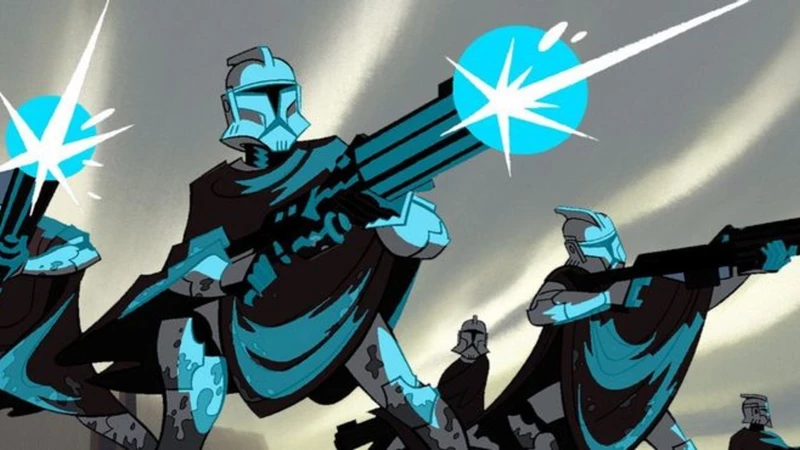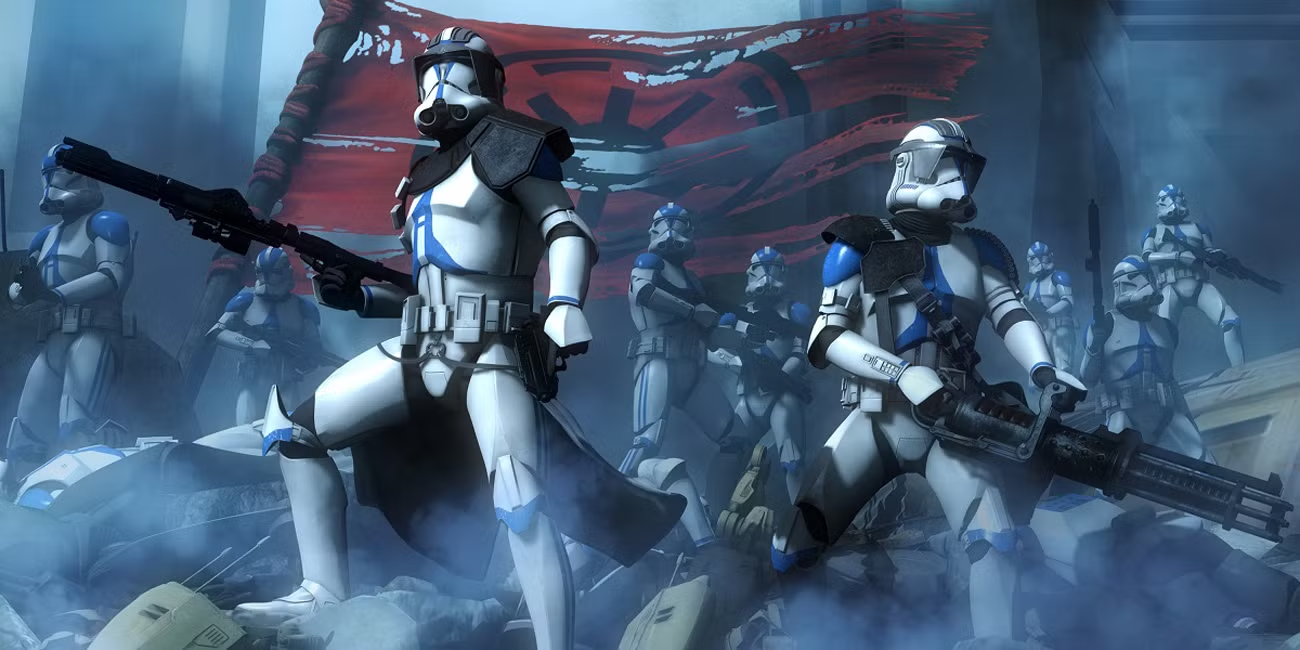The Future Crisis Committee (FCC) is a dynamic and imaginative committee that explores speculative and fictional crisis scenarios. Unlike traditional committees, the FCC challenges delegates to think creatively, adapt to rapidly changing situations, and make strategic decisions in high-stakes environments. This committee is designed to be both fun and intellectually stimulating, allowing delegates to step into alternate realities and shape the course of fictional events.
Topics and Relevance
Set in the iconic Star Wars universe, this committee places delegates in the midst of the Clone Wars, a galaxy-wide conflict between the Galactic Republic and the Separatist Alliance. Delegates will represent key factions, planets, or characters, making critical decisions that will determine the fate of the galaxy. Will the Republic maintain its unity, or will the Separatists succeed in their quest for independence? How will delegates navigate the complexities of war, diplomacy, and betrayal in a galaxy far, far away?


Rules of Procedure
1. Opening and Roll Call
- The chair opens the session and calls out delegates for roll call.
- Each delegation responds with either “Present and Voting” or “Present.” “Present and Voting” means the delegate will participate in voting, while “Present” means the delegate is present but may choose not to vote.
2. Crisis Updates
- Crisis updates and developments are usually presented at the start of the session or provided during the session.
- These updates are typically given by the chair or crisis manager.
- Crisis updates are often communicated in writing to the committee.
3. Crisis Notes
- Delegates can send crisis notes to gather information from other delegations or propose actions related to the ongoing crisis.
- Crisis notes can contain suggestions, strategies, or requests for action in response to the crisis.
- These notes are sent confidentially between delegations and are not immediately read by the chair.
4. Submitting and Passing Crisis Notes
- Crisis notes must follow a specific format and can be submitted with the chair’s approval.
- These notes allow delegates to quickly develop responses to the crisis or propose solutions.
- The acceptance or rejection of a crisis note is handled by the receiving delegation.
5. Speeches and Moderated Caucus
- The chair allows delegates to deliver speeches, usually with a time limit (e.g., 1-2 minutes).
- Moderated caucus sessions focus on a specific issue related to the crisis, where delegates can discuss possible solutions or strategies.
- Speeches in a moderated caucus are timed and involve formal discussions on specific topics.
6. Unmoderated Caucus
- In an unmoderated caucus, delegates can freely discuss and negotiate without formal speeches or structure.
- This allows delegates to strategize, build alliances, or address specific aspects of the crisis without a moderator’s control.
- Unmoderated caucuses are typically more informal and flexible.
7. Crisis Actions
- Delegates can propose crisis actions, which may include diplomatic, military, or other strategic measures.
- Crisis actions can be submitted in writing and need the chair’s approval.
- These actions can include declarations of war, forming alliances, or large-scale policy shifts.
8. Motions
- Delegates can propose motions to the chair, including:
- Motion for a moderated caucus: A proposal for a formal discussion on a specific issue within a limited time.
- Motion for an unmoderated caucus: A proposal for informal discussions without a time limit.
- Motion to extend the session: A proposal to extend the duration of the session.
- Motion to move to voting procedure: A proposal to proceed to vote on a specific matter.
9. Voting Procedures
- Voting procedures in a JCC are usually quick and decisive.
- Delegates can vote “Yes,” “No,” or “Abstain” on a motion or proposal.
- Votes are typically conducted on important decisions or crisis actions, and the results are announced quickly.
10. Crisis Resolution
- Crisis resolution involves finding solutions through crisis actions, diplomatic measures, and negotiation.
- When a delegate proposes a solution, they may negotiate with others and move to voting on the resolution.
- The resolution must be approved by a majority of the committee, with the chair’s final approval.
11. Adjournment
The session is adjourned once the final decisions and resolutions are made.
At the end of the session, the chair will often provide final remarks regarding the crisis resolution and outcomes.


